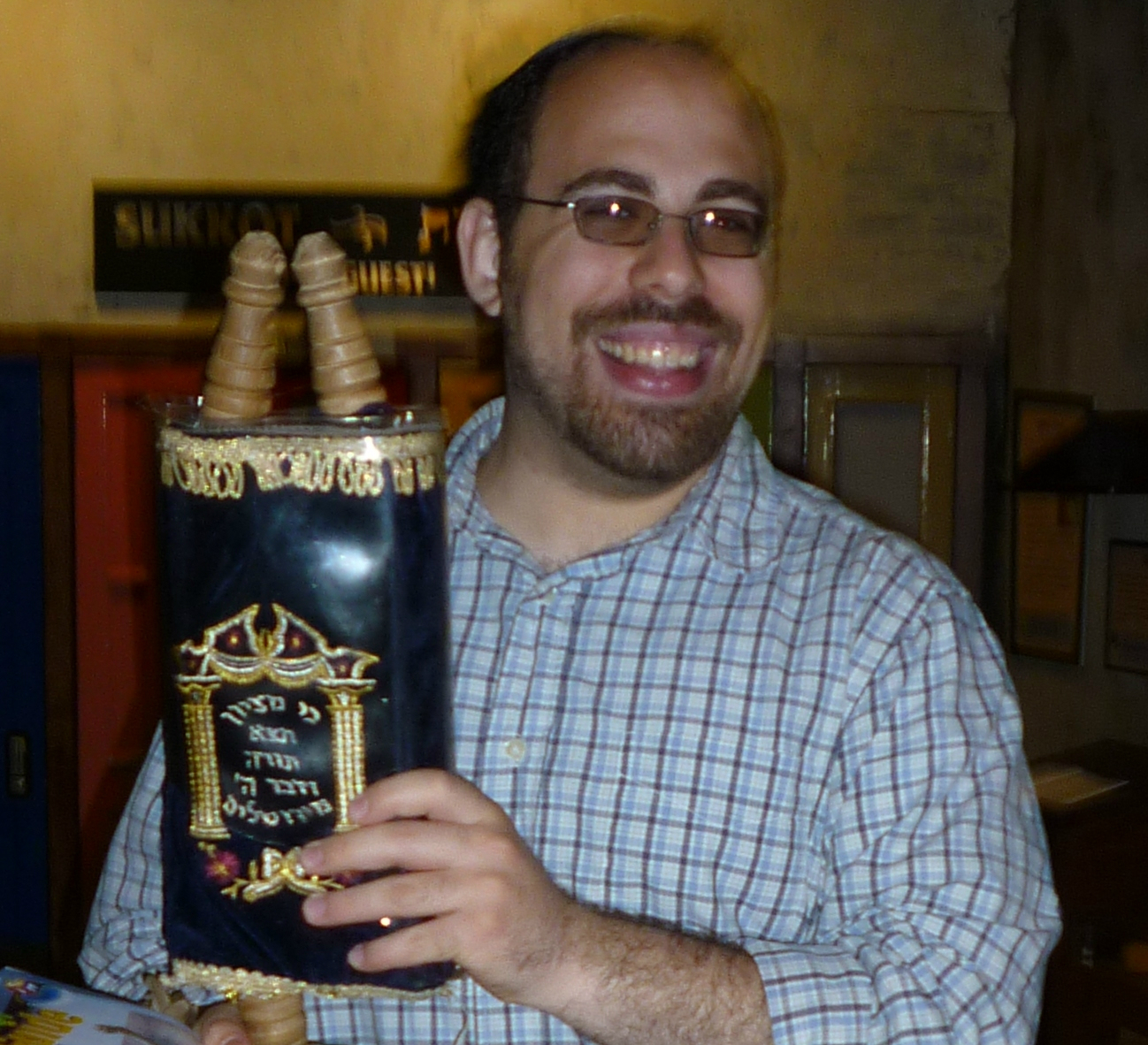In the grand scheme of things, Yitro is actually a pretty minor biblical character. His name is only mentioned 12 times in the entirety of the Torah. Yet for someone as minor as he is, he’s got quite the midrashic backstory. The midrash (Devarim Rabbah 1:5, Kohelet Rabbah 3:11, and elsewhere) states that Yitro sampled all of the religions of the world before recognizing the God of his son-in-law Moshe as the one true God.
I’ve always been puzzled by this midrash. I could never tell if the midrash is trying to say something positive, negative, or completely neutral about Yitro. I’ve also always wondered what prompted the midrash to make such a pronouncement about Yitro’s past life.
In order to answer these questions, I’d like to back up a little bit and look at what Yitro stands for in the rabbinic tradition. At the beginning of this week’s Torah reading (Shemot 18:1), we’re told “וַיִּשְׁמַע יִתְרוֹ, Then Yitro heard.” This seems like pretty passive language, like Yitro picked up the morning paper and happened to see a headline about the Israelites leaving Egypt. Rashi, however, completely changes the focus of Yitro’s character here. Quoting the Talmud (Zevahim 116a), he asks, “What is it that he heard that prompted him to come?” In Rashi’s reframing, the focus shifts from Yitro passively hearing to Yitro choosing to act on what he heard.
The reason why Rashi presents Yitro this way is because Yitro’s entire essence is that of action. In fact, the one thing that Yitro swooped onto the scene to accomplish in this week’s Torah reading (during the mere 27 pesukim in which he’s present) is that, after seeing Moshe adjudicate cases before the Israelites from sunup to sundown, he helps Moshe set up a process whereby people bring their cases to lower courts, and these cases can only get to Moshe himself after a series of appeals, thus lightening Moshe’s burden as chief justice of the Israelite nation.
Could no one else have seen what Moshe was going through in order to serve as the nation’s one and only judge?! Why did it take an outsider to come along and suggest a solution to Moshe’s problem? This story is the essence of Yitro. The entire nation could stand around watching for years as Moshe does nothing but adjudicate petty arguments. The second Yitro sees this though, he knows it could be better and he acts to help make it so.
This is also why the midrash tells us that Yitro worshiped every idol available to him before recognizing God. When something wasn’t good enough for him, he didn’t sit around and wait for someone else to fix it. He immediately took action.
This message of Yitro is especially relevant this year as Yitro’s Torah reading coincides with the week of Tu BiShvat. Addressing environmental issues is particularly challenging and especially so in today’s political climate. Combating climate change presents us with a classic prisoners’ dilemma, which motivates many to sit back and do nothing, so that they can enjoy the benefits of other people’s sacrifices without having to make any of their own. Additionally, many of our political leaders’ cavalier attitude toward scientific data means that something that the academic and international communities take for granted as fact is now a pawn in a political game.
It’s also important to remember that climate change is an all too easily overlooked human rights issue. The populations least prepared to deal with the effects of climate change are the ones hit hardest. They’re also the ones contributing the least to climate change.
In human rights organizing and advocacy work, an “action” is usually something like a rally, a protest, or a campaign to contact elected officials. These things are important and not to be minimized. Let’s not forget, though, that when it comes to climate change there are actions that we can take on a regular basis that can make a difference. Whether it’s reducing our consumption of meat, minimizing our time spent driving, or joining a CSA (among other things), let’s make this year the year that we recognize the lesson of Yitro and incorporate consistent, meaningful action into our lives to reduce climate change.
Rabbi Michael Langer teaches Tanakh at Frankel Jewish Academy in West Bloomfield, MI, where he also serves as the faculty advisor for the Preserving the Earth Club. He is passionate about making the timeless messages of the Jewish tradition relevant and exciting in the lives of contemporary American Jews. He was ordained by Yeshiva University’s Rabbi Isaac Elchanan Theological Seminary and is an alumnus of the T’ruah Summer Fellowship in Human Rights Leadership.


